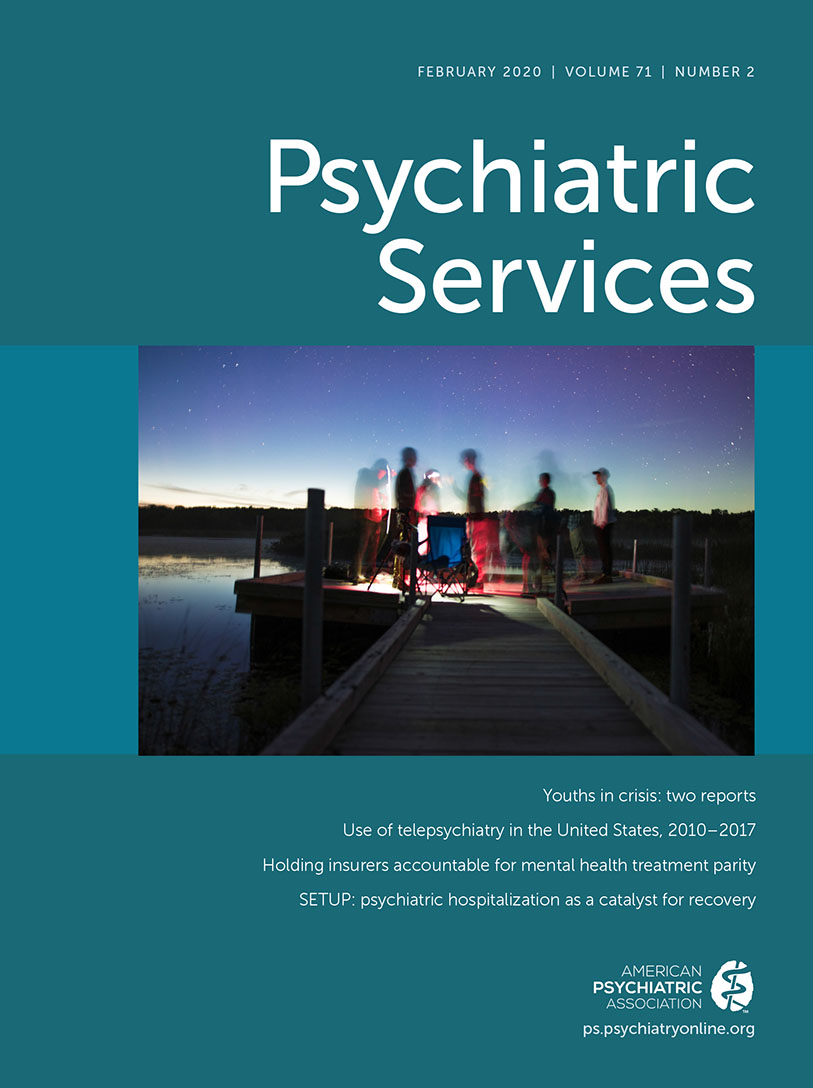Merging Intentional Peer Support and Dialogic Practice: Implementation Lessons From Parachute NYC
Abstract
This ethnographically informed implementation analysis of Parachute NYC between 2012 and 2015 documents the obstacles that can impede disruptive innovations in public mental health. Parachute combined family-based dialogic practice with peer-staffed crisis respite centers and mixed teams of clinicians and peers in an ambitious effort to revamp responses to psychiatric crises. This Open Forum reviews the demands posed by formidable contextual constraints, extended trainings in novel therapeutic techniques, and the effort to ensure sustainability in a managed care environment. It cautions that requiring innovations to produce evidence under the structural constraints that Parachute endured hobbles the effort and thwarts its success. The dialogic embrace of ordinary people and the use of peer labor as active treatment agents promote a slower and more participatory approach to psychiatric crises that offers extraordinary promise. However, a better prepared and more receptive context is needed for a fair trial of the comparative effectiveness of this approach.



